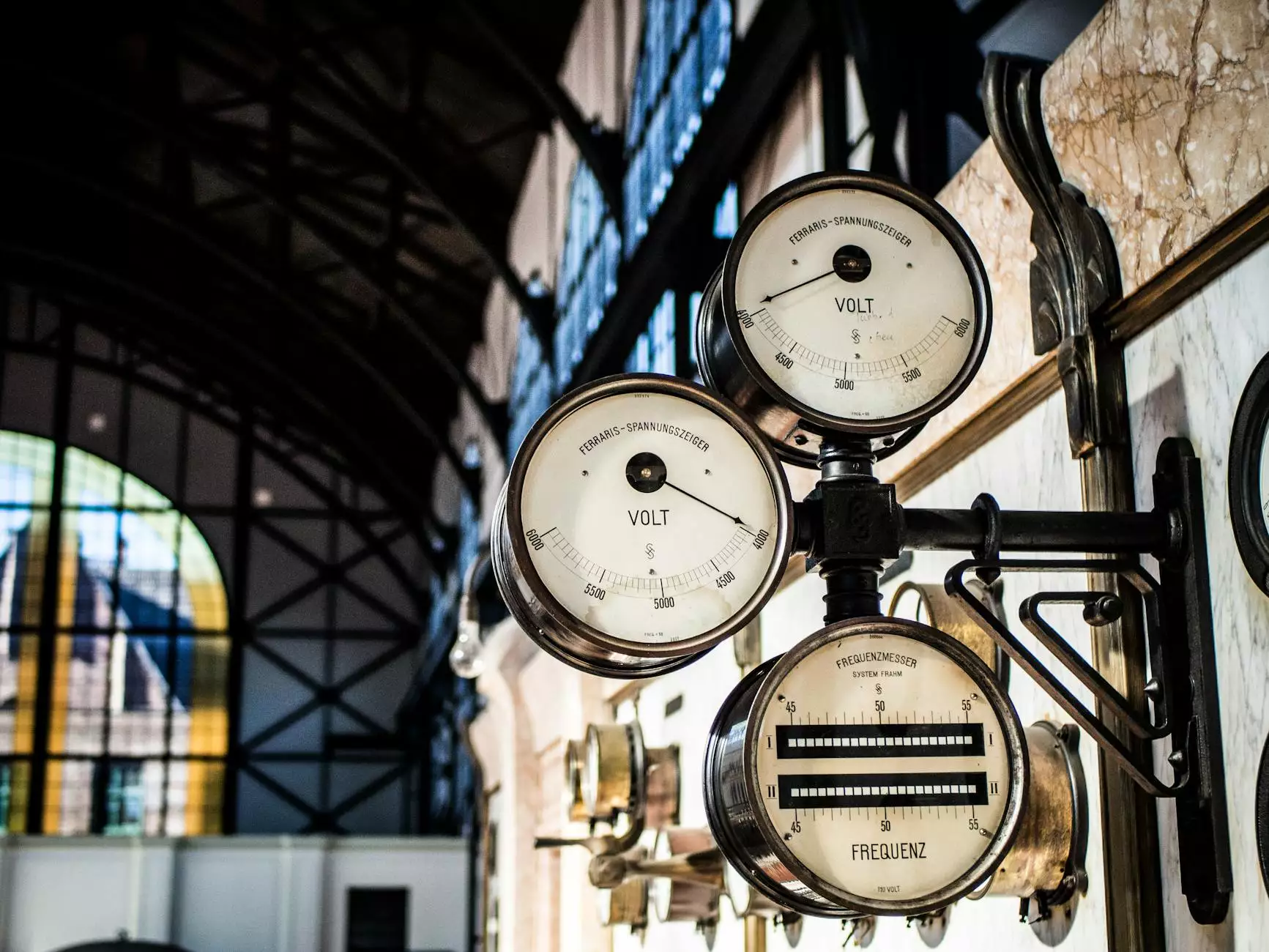The Importance of AdBlue DEF in Modern Diesel Technology

As the automotive and agricultural industries evolve, the importance of environmental regulations in diesel engines has become paramount. One significant solution to meet these stringent emissions standards is AdBlue DEF (Diesel Exhaust Fluid). This article will explore what AdBlue DEF is, how it works, its benefits, and its relevance for auto repair and farm equipment maintenance.
What is AdBlue DEF?
AdBlue DEF is a high-purity solution made up of 32.5% urea and 67.5% deionized water. It is used in modern diesel engines equipped with Selective Catalytic Reduction (SCR) technology. Its primary function is to reduce nitrogen oxide (NOx) emissions, contributing significantly to meeting the Euro 6 emission standards in Europe and similar regulations worldwide. By converting harmful NOx gases into harmless nitrogen and water vapor, AdBlue DEF plays a pivotal role in ensuring that diesel engines remain compliant with environmental laws.
How Does AdBlue DEF Work?
The process of how AdBlue DEF operates can be broken down into several key steps:
- Injection: AdBlue DEF is injected into the exhaust system of a diesel engine in a controlled manner.
- Heating: The exhaust gases heat the AdBlue DEF, causing it to decompose into ammonia (NH₃) and carbon dioxide (CO₂).
- Reduction: The ammonia then reacts with nitrogen oxides in the Selective Catalytic Reduction (SCR) catalyst, converting them into nitrogen and water.
This process significantly reduces harmful emissions, allowing vehicle owners and operators to comply with legal standards while also protecting the environment.
The Benefits of Using AdBlue DEF
Incorporating AdBlue DEF into diesel engines has several advantages that contribute to improved performance and compliance:
- Environmental Protection: Reduces harmful NOx emissions, promoting cleaner air and a healthier environment.
- Fuel Efficiency: Enhances engine efficiency by optimizing performance, which can lead to increased fuel economy.
- Compliance: Helps vehicles meet stringent emissions regulations, avoiding potential fines and penalties.
- Engine Longevity: Reduces the strain on the engine’s components by limiting the need for excessive fuel adjustments, potentially extending vehicle lifespan.
Application of AdBlue DEF in Auto Repair
For auto repair businesses, understanding and integrating AdBlue DEF into service offerings is essential. Here’s how mechanics can benefit:
Diagnosing SCR System Issues
Mechanics should be well-versed in how the SCR system operates and the role that AdBlue DEF plays. Common issues may include:
- AdBlue quality problems leading to clogging of the SCR system.
- Faulty AdBlue pumps and sensors that require attention.
- Leaking tanks that need repairs to prevent losses.
Regular Maintenance
Regular maintenance of the AdBlue tank and delivery system is crucial for optimal performance. Schedule checks to:
- Ensure that the AdBlue concentration is correct.
- Inspect for leaks or blockages.
- Replace worn components if necessary.
AdBlue DEF in Farm Equipment Repair
Farm equipment serves as the backbone of agricultural operations, and understanding the integration of AdBlue DEF is crucial for farmers and technicians:
Improving Equipment Efficiency
With rising fuel costs, using AdBlue DEF can greatly improve the efficiency of farm equipment. Here are ways it helps:
- Enhances Power: By maintaining engine performance levels, AdBlue DEF allows for maximum horsepower during operation.
- Reduces Downtime: Regular checks on the SCR systems help prevent breakdowns that can result in costly downtime.
Compliance for Agricultural Vehicles
Many farmers operate heavy-duty equipment that must adhere to government regulations on emissions. Utilizing AdBlue DEF ensures compliance, avoiding legal issues and promoting sustainable farming practices.
Structural Engineers and Environmental Considerations
Structural engineers also play a critical role in the conversation surrounding AdBlue DEF by considering infrastructure needs for storage and transportation of AdBlue:
Designing Storage Solutions
With the increasing demand for AdBlue DEF, structural engineers must design appropriate storage facilities that adhere to safety and operational guidelines:
- Determine the right materials to prevent contamination of the solution.
- Ensure that facilities are equipped to maintain the required temperatures for optimal storage.
- Incorporate logistics for easy access and distribution of AdBlue.
Sustainability in Construction
As construction practices shift towards sustainability, structural engineers can advocate for the use of AdBlue DEF in their construction equipment. This promotes a cleaner environment while showing a commitment to green practices.
AdBlue DEF in the Market: Trends and Future Outlook
The AdBlue DEF market is growing rapidly due to the global push for cleaner emissions across various industries. This growth is driven by several factors:
- Policy Changes: Governments worldwide are tightening emissions regulations, increasing demand for AdBlue.
- Agricultural Innovations: New farming techniques and machinery that utilize SCR technology are becoming more common.
- Increased Awareness: As environmental concerns rise, both consumers and businesses are more inclined to adopt AdBlue to reduce emissions.
Challenges and Considerations
Despite its advantages, the usage of AdBlue DEF presents several challenges that businesses must address:
- Supply Chain Issues: Ensuring a steady supply of high-quality AdBlue is critical to preventing operational disruptions.
- Cost Implications: While AdBlue is relatively inexpensive, the initial costs for SCR technology can be significant for some businesses.
Conclusion: Embracing AdBlue DEF for a Sustainable Future
As we look towards a future that prioritizes environmental responsibility, embracing technologies like AdBlue DEF is essential. For businesses in the automotive, agricultural, and engineering industries, understanding the benefits, applications, and maintenance of AdBlue is crucial for compliance and sustainability. By incorporating AdBlue into systems and practices, companies can not only meet legal requirements but also contribute positively to the environment, ensuring a brighter, cleaner future for generations to come.



